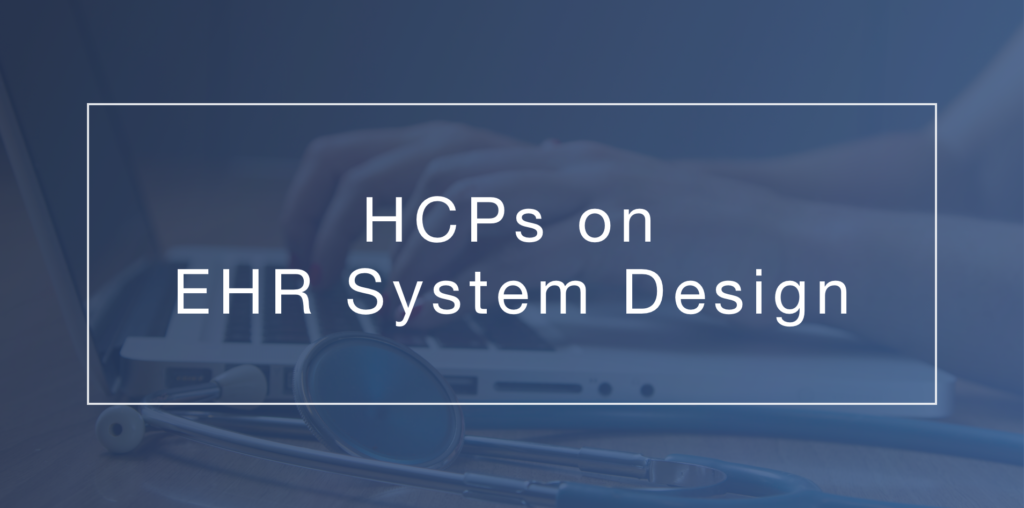
As technology continues to improve at exponential rates, electronic health records (EHRs) lag behind. EHR system designs remain clunky and difficult for healthcare professionals to use. However, an article published in JAMIA calls for EHR systems to involve practicing healthcare professionals in the design process to enable a more user-focused approach. With this recommendation gaining traction, we asked healthcare professionals in the Figure 1 community for their thoughts.
Here’s what more than 700 healthcare professionals had to say.
How EHR Systems Affect Patient Care
When asked if working in current EHR systems takes time away from patient care, 77% of healthcare professionals surveyed said yes. From repetitive documentation to frequent network glitches, many HCPs replied that it takes more time to deal with EHR issues than it does to find the information they need.
Time Spent in the EHR
Looking at how much time healthcare professionals actually spend using EHR systems on a daily basis, 54% of surveyed HCPs said they spend more than 50% of their time using an EHR.
“In Sweden there is one EHR so you can access tests that were ordered by other providers, consults, etc. We spend too much time getting all this info. I’m always losing connection and waiting between clicks to a different page. My patients are still getting my time but my family isn’t because I have to stay late after office hours finishing the charts,” replied one nurse practitioner.
A certified registered nurse anesthetist said, “I found I spend more time on the computer than taking care of my patients. In my practice I am spending more time entering data to the EHR and taking my eyes off the patient. If the system goes down all data is gone.”
What to Change?
We also asked the community what aspects of EHR systems they would most like to change. The aspect a majority of HCPs said was most challenging was entering patient information with a 36% response rate. One healthcare professional specializing in psychiatry noted, “Five minutes of direct patient care equals 20 minutes of charting about it. Paper charting was much easier and faster. We have more screen time now and less face-to-face patient time.”
As the second most challenging feature, 29% of the surveyed community noted that sharing information across systems is an aspect that needs improvement in EHR systems.
“We have software that doesn’t talk or integrate. So ICU [charts] are not accessible for ward nurses to read when they accept our patients into their ward areas”, noted one registered nurse.
These are only a few examples of issues found in existing EHR system designs. It is quite clear that HCPs are struggling and EHR system designs need an update.
What Frustrates You?
As far as what is the most frustrating part of EHR systems, there is a wide variety of concerns — here are some of the most common responses.
“Recurrent crashes and freezing … Usually you need to start over after every freeze. The icons are so confusing …”
– Critical Care Physician
“There are many EHR programs for hospital systems but it is challenging to get the records from different systems to integrate.”
– Registered Nurse
“Too much repetition and duplicating entries.”
– Physiotherapist
What’s the Verdict?
Based on these responses, current EHR system designs are not providing what HCPs need. There are too many time consuming issues and many product features exist that healthcare professionals do not need. It is time for an update to EHR systems, and the process needs to involve HCPs.
As one registered nurse put it, “EHR systems should be designed by, or in active collaboration with, the users. I don’t want to be the beta test — this is supposed to help me do my job more efficiently and effectively. Put the right knowledge and strategy in on the back end so that the front end isn’t more work for me.”
Published November 28, 2022
Join the Conversation
Sign up for Figure 1 and be part of a global community of healthcare professionals gaining medical knowledge, securely sharing real patient cases, and improving outcomes.


